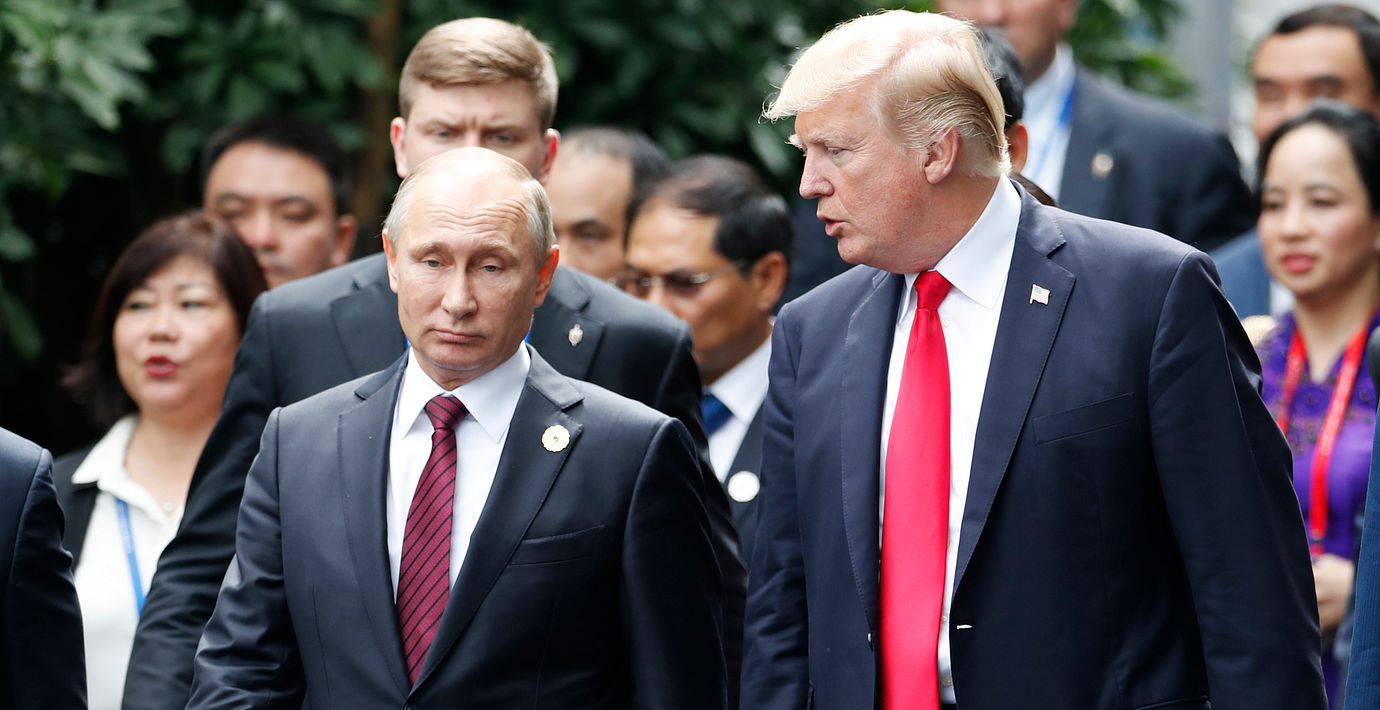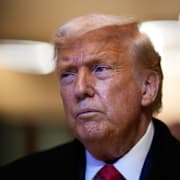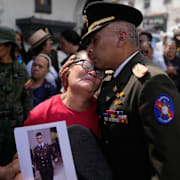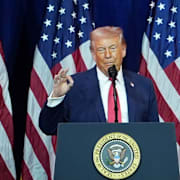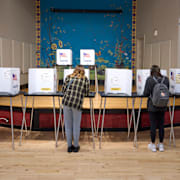bakgrund
Ryska militärinterventionen i Syrien
Wikipedia (en)
The Russian military intervention in the Syrian Civil War began in September 2015, after an official request by the Syrian government for military aid against rebel and jihadist groups. The intervention initially consisted of air strikes fired by Russian aircraft stationed in the Khmeimim base at targets primarily in north-western Syria, against militant groups opposed to the Syrian government, including Syrian National Coalition, the Islamic State of Iraq and the Levant (ISIL), al-Nusra Front (al-Qaeda in the Levant) and the Army of Conquest. Besides, Russian military advisors and special operations forces were stationed in Syria. Prior to the intervention, Russian involvement in the Syrian Civil War had mainly consisted of supplying the Syrian Army. At the end of December 2017, Russia said its troops would be based in Syria permanently.
Shortly after the operation began, Russian officials were cited as saying that, apart from fighting terrorist organisations such as ISIL, Russia′s goals included helping the Syrian government retake territory from various anti-government groups that are labelled by the U.S. and its coalition as ″moderate opposition″, a broader geopolitical objective being to roll back U.S. influence. In his televised interview broadcast on 11 October 2015, Russian president Vladimir Putin said the military operation had been thoroughly prepared in advance; he defined Russia′s goal in Syria as "stabilising the legitimate power in Syria and creating the conditions for political compromise"
By the end of 2017, the intervention produced significant gains for the Syrian government, including the recapture of Palmyra from ISIL in March 2016, retaking the major city of Aleppo in December 2016, breaking the three-year-long siege of Deir ez-Zor and establishing full control over that city in November 2017. In early January 2017, the Chief of the General Staff of the Russian Armed Forces Valery Gerasimov said that, overall, the Russian aviation had carried out 19,160 combat missions and delivered 71,000 strikes on "the infrastructure of terrorists". At the end of December 2017, the Russian defence minister said that over 48.000 servicemembers had ″gained combat experience″ during the Russian operation in Syria.
The UK-based pro-opposition Syrian Observatory for Human Rights (SOHR) has stated that between the initiation of the intervention in September 2015 and end of February 2016, Russian air strikes have killed at least 1,700 civilians, including more than 200 children. The Syrian Network for Human Rights (SNHR) and the Violations Documentation Centre (VDC) put the number higher, at over 2,000; SNHR's report stated that Russian attacks have killed more civilians than either ISIS or the Syrian Arab Army. Used weapons included unguided bombs, cluster bombs, incendiaries similar to white phosphorus and thermobaric weapons. By the end of September 2017, the SOHR stated that Russian airstrikes have killed around 5,703 civilians, about a quarter of them children, along with 4,258 ISIL fighters and 3,893 militants from the Al-Qaeda affiliate al-Nusra Front and other rebel forces.
International reactions to the intervention have been mixed. Countries with close diplomatic and economic ties to Russia, including China, Egypt, Iraq and Belarus, have generally supported the intervention, while Western nations and human rights groups have frequently vilified Russia for its support of Syria. Human Rights Watch and Amnesty International have alleged Russia is committing war crimes and deliberately targeting civilians, the United States has condemned the intervention and imposed economic sanctions against Russia for supporting the Syrian government, and officials at the United Nations have condemned the Russian intervention and accused Russia of war crimes. Russian authorities have dismissed the accusations as false and politically motivated, and accused critics of "barbarism," which elicited heavier condemnation from Western governments in support of rebel groups.
